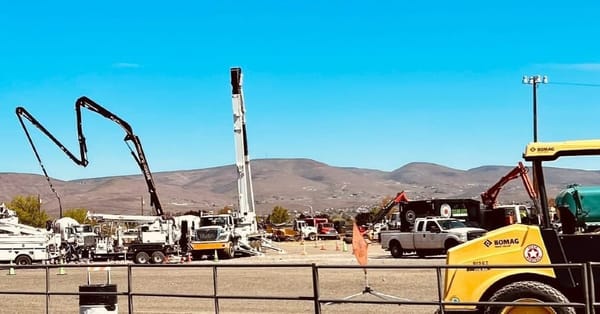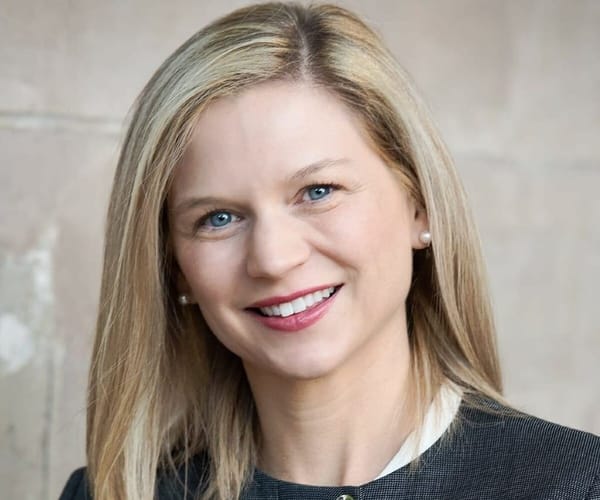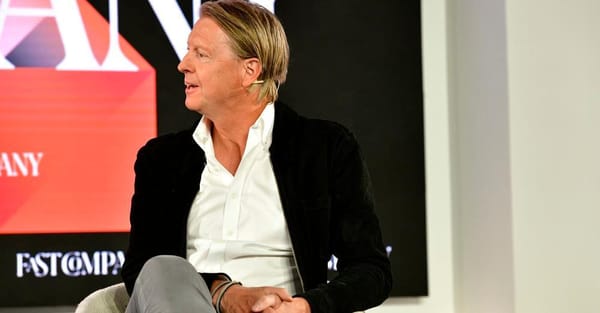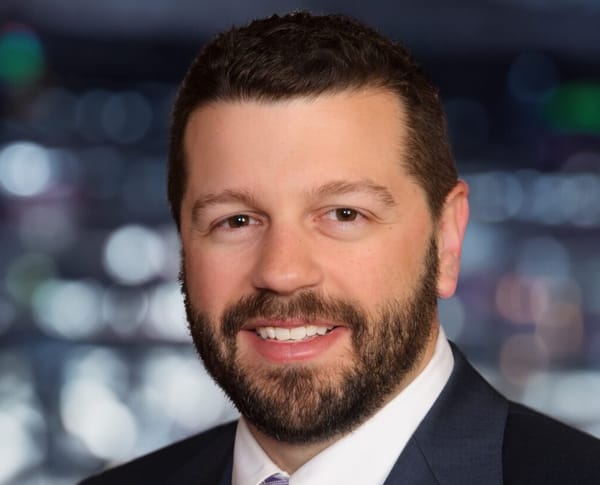America Thought Economic Liberalization Would Mean Political Liberalization, But Not China
December 4, 2020 – The United States has misunderstood the China Challenge, according to Peter Berkowitz, director of the State Department’s Policy Planning Staff in the office of the Secretary. America believed that economic liberalization would mean political liberalization, but Chinese leaders ov
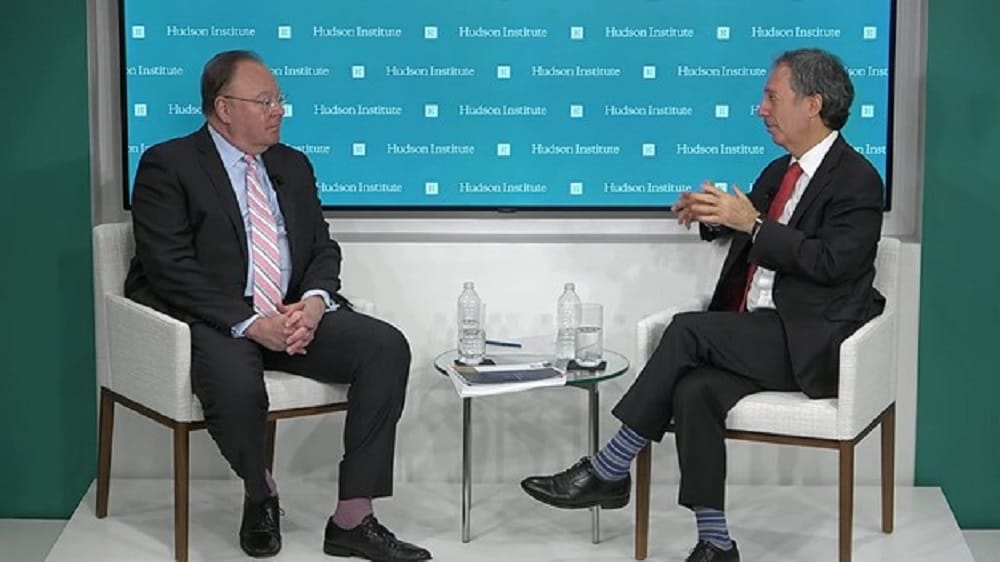
December 4, 2020 – The United States has misunderstood the China Challenge, according to Peter Berkowitz, director of the State Department’s Policy Planning Staff in the office of the Secretary.
America believed that economic liberalization would mean political liberalization, but Chinese leaders over the past decade have made it clear this was not the case, Berkowitz told Tod Lindberg, senior fellow at the Hudson Institute, on Monday.
A 2017 paper put out by the Trump administration said china was our “greatest challenge” going forward. Berkowitz said with this in mind, we should keep China in mind when we make decisions about the equipment we use, how we build new installations, and where station troops, etc.
Berkowitz explained that “China Challenge” addresses the fact that China is a great power and like all great powers, they seek preeminence—they want to transform the current order in way that would place Beijing at the center of things.
As part of these ideals, China has adopted military civil fusion, which means that if these companies are allowed to build 5G networks, hordes of private information will be funneled back to Beijing, he said.
Already, he said, China has engaged in an enormous amount of intelligence theft, usually through high tech means, as well as supply chain theft. In response, the US has tried to separate from China.
China is not without vulnerabilities, however. Berkowitz pointed out that authoritarian governments have a history of being unable to maintain innovation, friendships, and allies, in addition to spending a lot of money on repression. Thus, economic instability, demographic imbalance, degradation of the environment, repression of minorities are all weaknesses of china specifically, not to mention their growing reputation of being untrustworthy.
Berkowitz spoke glowingly of Trump, saying that he has embraced dissonance, prosecuted espionage, and taken tough stances in the South China Sea. We have revivified our relations in India and realized two peace agreements in the middle east–one in Bahrain and one with the United Arab Emirates.
For these reasons, Berkowitz claimed that Trump, contrary to some opinions, is indeed multilaterist.
He said that when most people say multilateralism they mean supremacy of the United Nations, which he believes is a distortion of the concept.
Berkowitz sees multilateralism as working with many countries to inform foreign policy: “In that light, the Trump administration has been vigorously multilateralist.”



